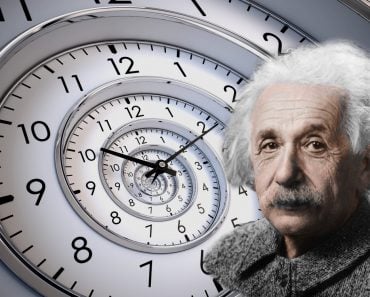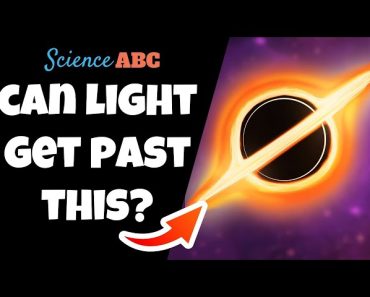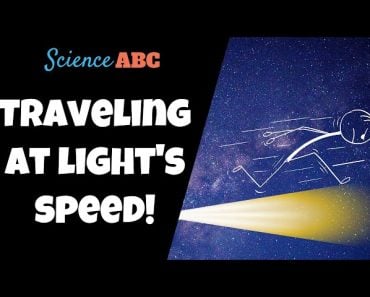Clocks, including atomic clocks, rely on the behaviour of light and other electromagnetic waves to measure time intervals. Depending on how fast these clocks move or the strength of gravity around them, they can experience time differently.
Have you ever noticed how we sometimes feel like time is flying by, while at other times it seems to drag on forever? It’s bizarre how our internal clocks work, because we tend to expect time to always pass at the same pace, regardless of what we’re doing or where we are.
However, in his Special theory of relativity, Einstein proposed that the laws of physics are the same for all observers, no matter where or how fast they’re moving.
Also, as Einstein noted, the speed of light is always the same, no matter how fast you or the light source is moving.

Now… imagine a world where time doesn’t tick uniformly everywhere!
In such a world, would time dilation affect super-accurate clocks?
Recommended Video for you:
What Are Atomic Clocks?
Atomic clocks are highly precise timekeeping devices that measure time by counting the vibrations or oscillations of atoms. These clocks are incredibly precise due to their ability to vibrate at stable and well-defined frequencies.
For example, Cesium-133 atomic clocks measure the frequency of microwave radiation that prompts electrons in Cesium atoms to move between energy levels. The consistency of these vibrations makes atomic clocks the most dependable and precise timekeepers humans have ever devised.
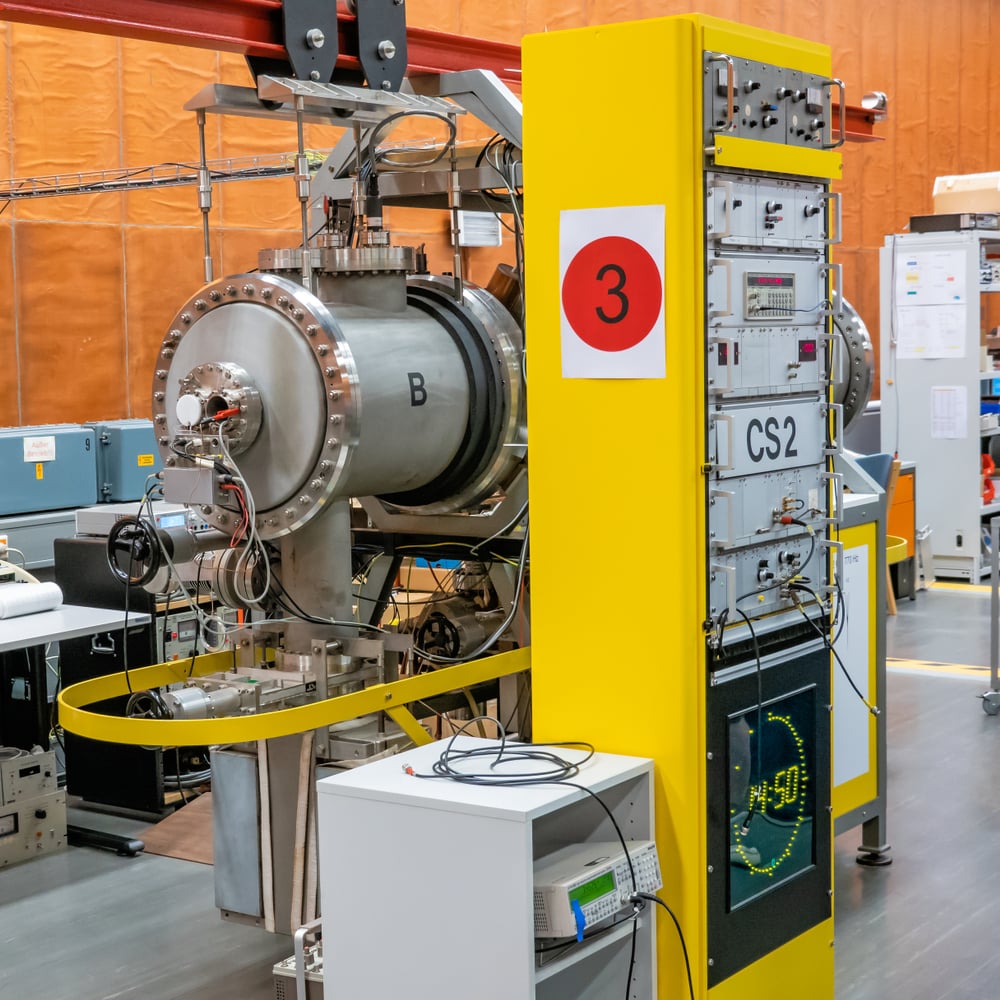
The international standard for the definition of a “second” is based on Cesium atomic clocks. One second is defined as the duration of 9,192,631,770 vibrations or oscillations of a Cesium-133 atom when it transitions between two specific energy states.
Special Theory And Time Dilation: A Dynamic Relationship
Special relativity is a theory that explains how time is not an absolute concept, but rather a function of the relative motion of observers. The idea of time dilation, which is a fundamental consequence of Einstein’s theory, describes the perceived change in the passage of time for an object that is in motion, relative to its velocity compared to the speed of light.
This phenomenon is critical in understanding the behavior of objects moving at high speeds, and it has been a cornerstone of modern physics for over a century.
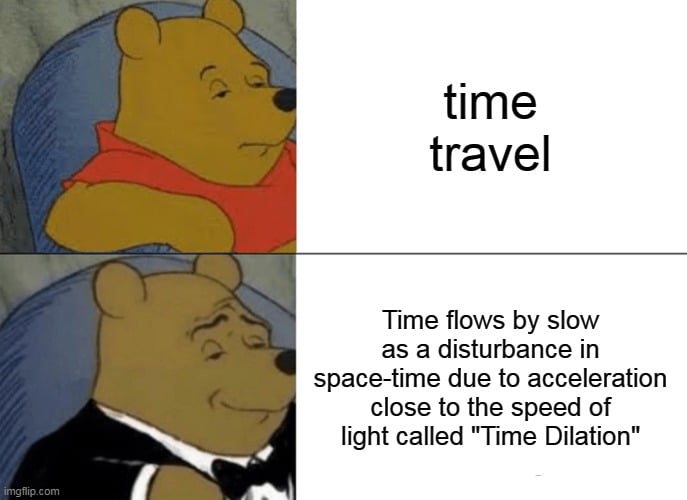
Basically, there are two forms of time dilation—velocity and gravitational. What are they and how do they affect us?
Time And Gravity
According to Einstein, velocity time dilation is the assertion that as an object approaches the speed of light, time appears to pass more slowly for it than it does for an observer not moving at such a high speed. It follows that the faster an object travels, the slower time seems to pass for it, in comparison to someone who is stationary.

Gravitational time dilation explains how time appears to pass differently depending on the strength of a gravitational field. To understand this phenomenon, consider these simple facts:
– Strong Gravity Slows Time: In regions with a strong gravitational field, such as near a massive planet or a black hole, time passes more slowly than in regions with weaker gravity, such as in outer space or near a less massive celestial body.
– Weak Gravity Speeds Time: Conversely, in areas with weaker gravity, time passes more quickly than in regions with stronger gravity. For example, a clock placed on the surface of a massive planet like Earth would tick slightly more slowly than a clock in deep space, as the clock isolated in deep space would not be influenced by a strong gravitational field!
Practical Implications: Precision In Modern Applications
Atomic clocks play a vital role in guiding us everywhere. Yes, one of the greatest applications of atomic clocks is in the Global Positioning System (GPS). GPS relies on a network of satellites equipped with atomic clocks.
These satellites emit precisely timed signals, and by measuring the time it takes for these signals to reach multiple GPS receivers on Earth, the receivers can calculate their precise location. The accuracy of GPS is dependent on the accuracy of the atomic clocks on the satellites. Without atomic clocks, GPS navigation as we know it would be impossible.
Apart from GPS, atomic clocks are crucial in telecommunications, financial transactions, network synchronization and (of course) space exploration. But how does time dilation play a role in this scenario?
The GPS system relies on a network of satellites orbiting Earth. These satellites move at significant speeds in their orbits, which causes them to experience time dilation relative to stationary objects on Earth. As we explained above, we know that time flows differently in this scenario.
Imagine if the satellite clocks were not synchronized with clocks on Earth… your GPS calculations would be incorrect and the measurements would be off by a significant margin—up to tens of kilometers—making them highly inaccurate, and likely causing millions of people to get lost every day!
This is where we would use time dilation correction; to ensure accuracy, engineers adjust the satellite clocks to account for any time dilation effects caused by their motion. In other words, they compensate for the fact that time runs slightly slower for the satellites due to their speed!
In conclusion, even the most super-accurate clocks must consider and account for time dilation in order to maintain their precision! So, the next time you check your GPS, give a nod of appreciation to those super-accurate clocks up in space—our trusty timekeepers that bravely defy the quirks of time dilation to keep us on schedule in our wacky and relativistic universe!
References (click to expand)
- JILA Atomic Clocks Measure Einstein's General Relativity ....
- GPS.gov: Timing Applications.
- A Review Article on Einstein Special Theory of Relativity.
- Whether time dilation of relativity can be verified by all kinds of clocks? - www.researchgate.net
- Reinhardt, S., Saathoff, G., Buhr, H., Carlson, L. A., Wolf, A., Schwalm, D., … Gwinner, G. (2007, November 11). Test of relativistic time dilation with fast optical atomic clocks at different velocities. Nature Physics. Springer Science and Business Media LLC.


